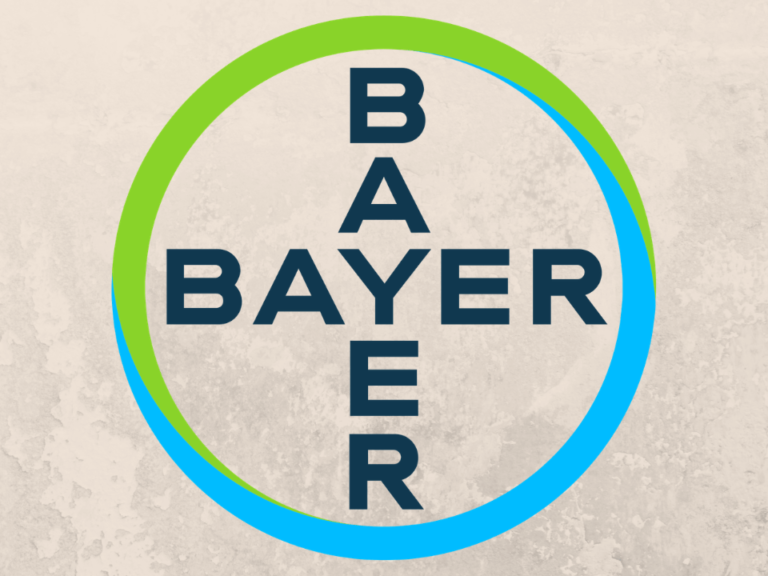Two clinical trials testing the antibody Zynlonta (loncastuximab tesirine) showed encouraging results in patients with high-risk forms of two blood cancers – follicular lymphoma and marginal zone lymphoma.
To access this subscriber-only content please log in or subscribe.
If your institution has a site license, log in with IP-login or register for a sponsored account.*
*Not all site licenses are enrolled in sponsored accounts.
Login Subscribe
If your institution has a site license, log in with IP-login or register for a sponsored account.*
*Not all site licenses are enrolled in sponsored accounts.
Login Subscribe







